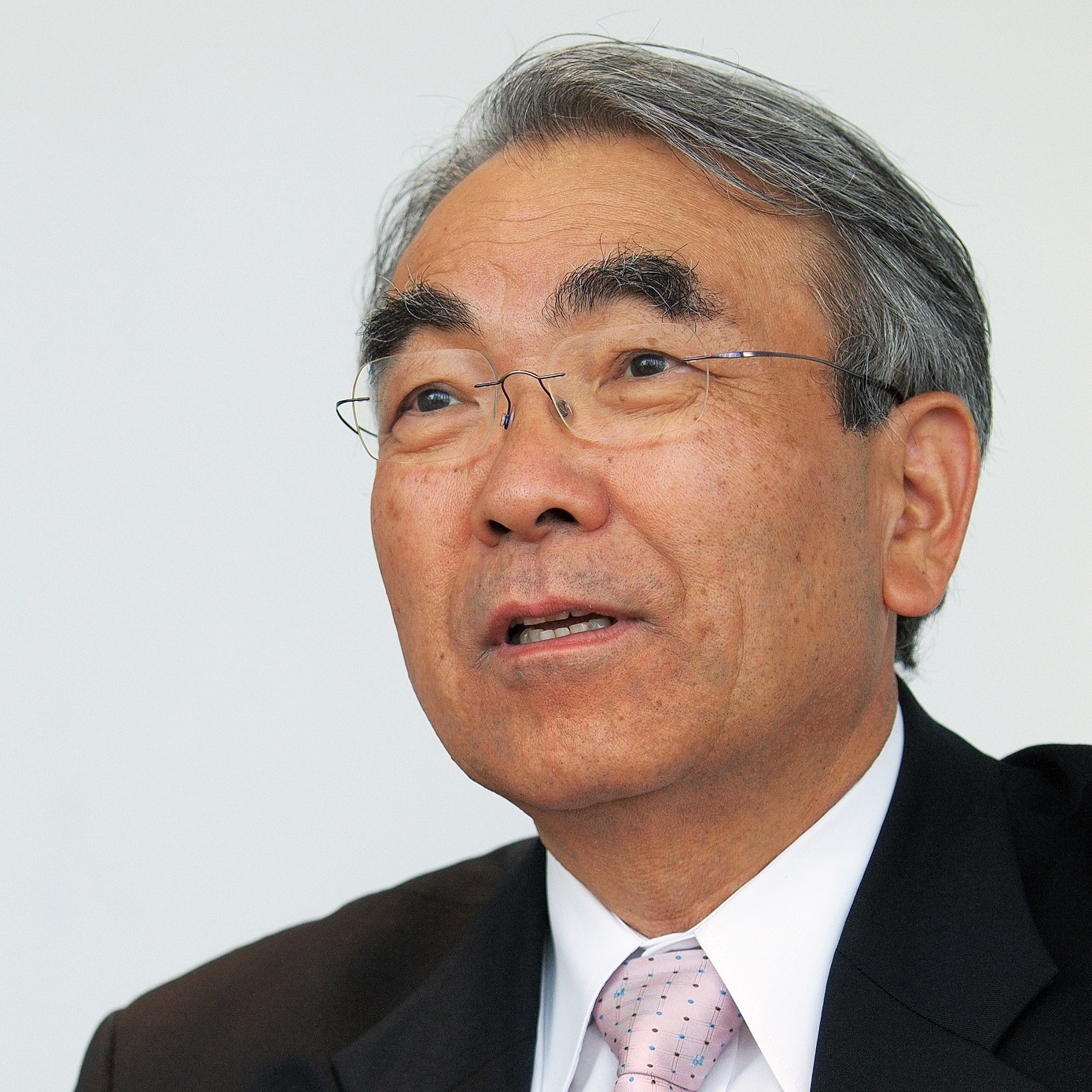Kanade Will Receive IEEE Founder's Medal High Honor Recognizes Leadership in Computer Vision and Robotics
Byron SpiceTuesday, February 7, 2017Print this page.

Takeo Kanade, Carnegie Mellon University's U. A. and Helen Whitaker Professor of Robotics and Computer Science, has been named the 2017 recipient of the IEEE Founder's Medal — one of IEEE's highest honors.
The medal, which will be presented at the annual IEEE Honors Ceremony on Thursday, May 25, in San Francisco, recognizes Kanade "for pioneering and seminal contributions to computer vision and robotics for automotive safety, facial recognition, virtual reality and medical robotics."
The Founder's Medal, established in 1952, is presented for outstanding contributions in the leadership, planning and administration of affairs of great value to the electrical and electronics engineering profession. Previous winners include Google's Eric Schmidt, Intel's Gordon E. Moore and MIT's Jerome Wiesner. Kanade is the first winner from Carnegie Mellon.
Kanade's pioneering work in computer vision since the mid 1980's paved the way for today's driverless cars. He incorporated computer vision systems and other sensors to detect lane lines and other cars, and to control both steering and speed automatically. This culminated in 1995 with the NavLab 5 vehicle, which drove 3,000 miles across the United States under autonomous control.
Kanade likewise has made an impact on medicine through his early image overlay system that gave surgeons X-ray-like vision in visualizing anatomic structures inside a patient. It was one of the first systems to demonstrate what is now commonly referred to as medical augmented reality, and this work was closely related to his development of the HipNav surgical navigation system for orthopedics research.
Kanade developed the EyeVision camera system, in which multiple cameras enable three-dimensional freeze-frame views of an activity. Its subsequent debut at Super Bowl XXXV in 2001 brought enormous attention to computer vision and spurred research in the field.
Kanade also led the creation of the Quality of Life Technology Center to help develop intelligent systems to transform the lives of people with disabilities or reduced capabilities due to aging.
An IEEE Fellow and member of the U.S. National Academy of Engineering, Kanade joined the Robotics Institute and the Computer Science Department in 1980, and was director of the Robotics Institute from 1992 to 2001. He has received numerous awards, including the 2016 Kyoto Prize for Advanced Technology, the Franklin Institute's 2008 Bower Award and Prize for Achievement in Science, and the first-ever Tateisi Grand Award and Prize in 2010.
The Honors Ceremony will be part of IEEE's inaugural Vision, Innovation and Challenges Summit . The summit program will look to the future of the industry and the impact engineers have on serving the global community. IEEE is the world's largest technical professional organization for the advancement of technology.
Byron Spice | 412-268-9068 | bspice@cs.cmu.edu
